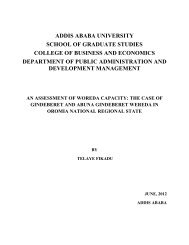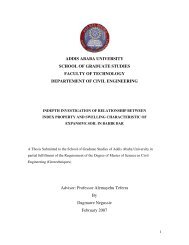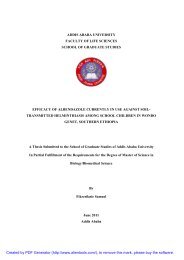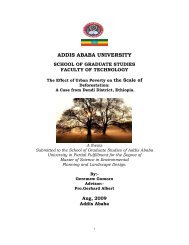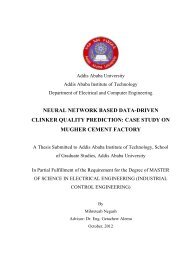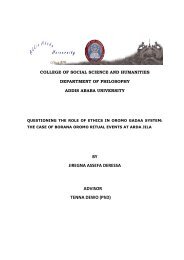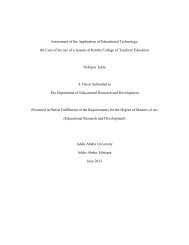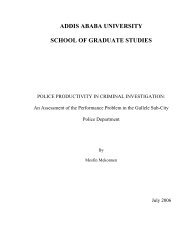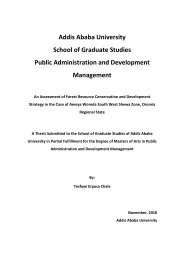FACTORS THAT CONTRIBUTE TO THE PROBLEMS EFL ...
FACTORS THAT CONTRIBUTE TO THE PROBLEMS EFL ...
FACTORS THAT CONTRIBUTE TO THE PROBLEMS EFL ...
Create successful ePaper yourself
Turn your PDF publications into a flip-book with our unique Google optimized e-Paper software.
to know what the people are going to say exactly. . . . I don't know what they<br />
mean." A problem also emerged while the learner (S6) attempted to practice the<br />
strategy of directing attention: "What's difficult for me is after focusing my attention;<br />
I still can't understand."<br />
II. Speaker Factors<br />
This category contains the listening difficulties that are attributed to native<br />
speakers of English. The minor groups in this category include spoken feature of<br />
the native speech, fast speech and the number of speakers in the listening text.<br />
Each of them is presented as follows.<br />
1) Spoken feature of the native speech<br />
Some learners reported that the difficulties in <strong>EFL</strong> listening comprehension were<br />
complicated due to spoken-word recognition problems. Some, like learner (S8),<br />
reported that they were having trouble with the matching task between the<br />
pronunciation of the spoken words and the words they already knew in their written<br />
forms. Others, like learner (S9), also reported that they were unable to recognize<br />
the spoken words because of the pronunciation. There were also some learners,<br />
such as (S10), who experienced both problems mentioned above. One of the<br />
learners (S11) remarked, "I can't listen to phrases clearly." This shows the difficulty<br />
of identifying or differentiating individual sounds in a stream of sounds. Similarly,<br />
learner (S12) couldn’t recognize key words due to the barriers in perceiving or<br />
differentiating sounds that seemed to sound alike to the learner. Here, the students<br />
were not able to give good examples. Another learner (S13) was able to identify or<br />
differentiate the flow of sounds, but matching the pronunciation with the word<br />
meaning was difficult for him. The response from the learner (S14) specified this<br />
problem: "Even when the pronunciation is familiar to me, I sometimes forget what<br />
the word is." Another learner (S15) encountered both problems addressed above,<br />
reporting: "Some spoke very differently. . . . I couldn't hear clearly about the<br />
pronunciation. . . I thought of certain words but it turned out that they were the<br />
other words instead."<br />
2) Fast speech<br />
Some learners reported their failure to process spoken input was due to the speed<br />
63




